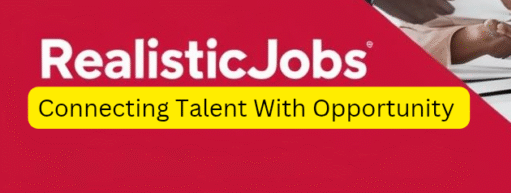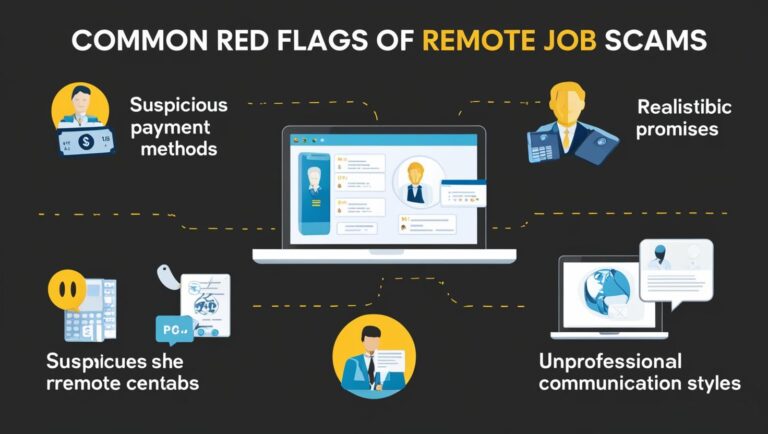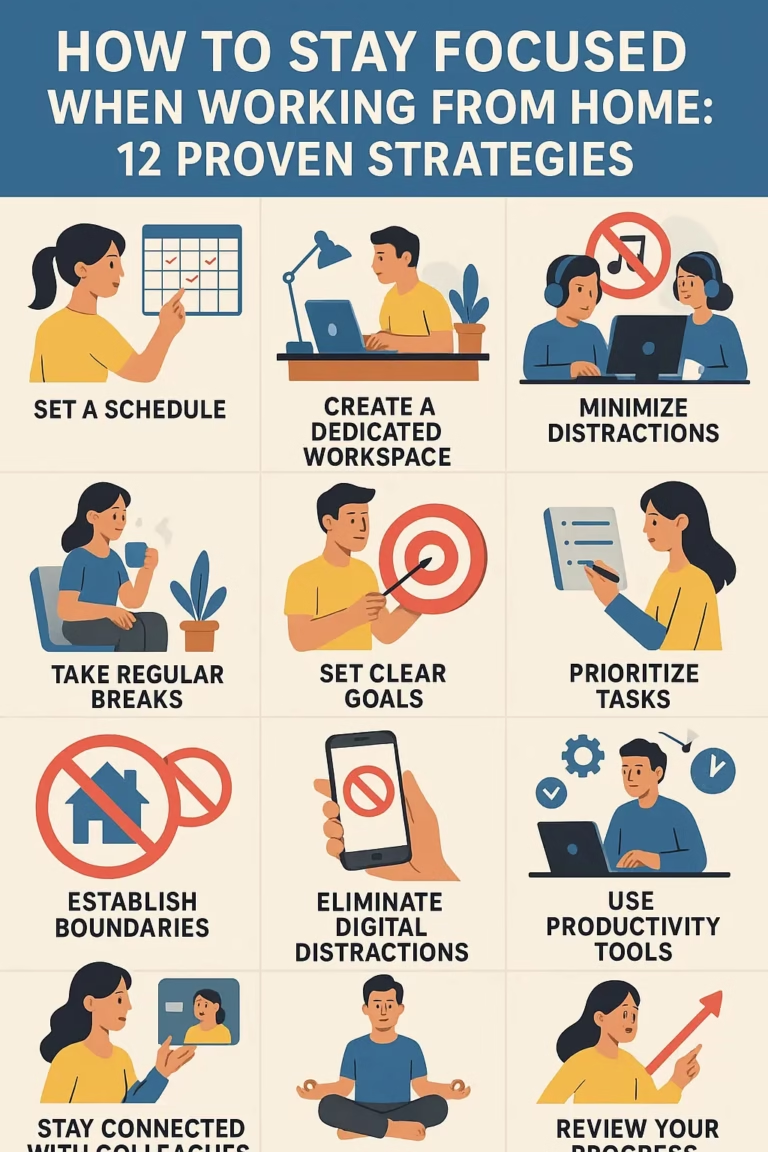How to Research a Company Before an Interview (and Why It Matters)
When you’re preparing for a job interview, understanding the company you’re applying to is just as important as rehearsing your answers. Researching a company before your interview can boost your confidence, help you ask smarter questions, and show the interviewer that you’re genuinely interested in the role. In this post, we’ll walk you through how…
When you’re preparing for a job interview, understanding the company you’re applying to is just as important as rehearsing your answers. Researching a company before your interview can boost your confidence, help you ask smarter questions, and show the interviewer that you’re genuinely interested in the role.
In this post, we’ll walk you through how to research a company before an interview, what to look for, and how to use that information to stand out as a candidate.
Why Company Research Is Essential
Interviewers want to hire candidates who are not just qualified, but also enthusiastic and informed. When you show that you’ve taken the time to learn about the company, it signals that you’re serious about the opportunity.
Researching helps you:
- Tailor your answers to align with the company’s values and goals
- Ask insightful questions that reflect genuine interest
- Decide if the company is the right fit for your career and values
Step-by-Step Guide to Researching a Company
1. Start with the Company Website
The company’s official website is your first stop.
- About Us page: Learn about the company’s mission, history, leadership, and culture.
- Product or Services pages: Understand what the company offers, who its customers are, and what problems it solves.
- Newsroom or Press section: Look for recent announcements, awards, partnerships, or new product launches.
Tip: Pay close attention to the language and tone on their website—it can give you clues about company culture.
2. Read Recent News and Press Coverage
Search for the company in Google News or a business publication like Forbes or Bloomberg. Recent news articles can help you understand:
- Major company developments or changes
- Market trends affecting the company
- Any controversies or challenges the company may be facing
This information can be useful for understanding where the company is headed—and it gives you fresh material for thoughtful questions.
3. Check Out Their Social Media
Social media platforms like LinkedIn, Twitter (X), Instagram, and Facebook provide a more casual and real-time look at the company’s voice, activities, and culture.
Look for:
- Company events, announcements, or achievements
- How they engage with followers and customers
- Employee spotlights or behind-the-scenes content
Tip: Take note of any recent posts you found interesting and bring them up in your interview to show you’ve done your homework.
4. Review the Company on Glassdoor and Indeed
Sites like Glassdoor and Indeed offer reviews from current and former employees. While these reviews can be subjective, they provide valuable insight into:
- Company culture
- Management style
- Compensation and benefits
- Interview experiences
Just remember to take extreme reviews—good or bad—with a grain of salt. Look for patterns in feedback instead.
5. Understand the Industry and Competitors
To really impress your interviewer, demonstrate knowledge of the company’s position in the market.
- Who are their main competitors?
- What makes them different or better?
- Are there any current industry trends they’re navigating?
Use tools like Crunchbase, Statista, or even Google Trends to see how the company is performing in its industry.
6. Look Up Your Interviewers
If you’ve been given the names of your interviewers, look them up on LinkedIn. Learn about their roles, career paths, and interests. This helps you:
- Personalize your conversation
- Find potential common ground
- Understand what their priorities might be
Tip: If you have a mutual connection or similar background, bring it up naturally—it can build rapport.
How to Use What You Learn
Once you’ve done your research, here’s how to put it to good use:
Customize Your Answers
When asked why you want the job or why you’re a good fit, refer to specific things you’ve learned:
“I was really inspired by your recent community outreach initiative. It reflects a company culture that aligns with my personal values.”
Ask Meaningful Questions
At the end of every interview, you’ll likely be asked: “Do you have any questions for us?” Use your research to go beyond basic questions:
- “How has [recent company project] impacted the team’s workflow?”
- “What are the biggest challenges the company is facing in the [specific industry] space?”
Show Enthusiasm
Small comments like “I saw your team just won a [specific award]—congratulations!” show you’re engaged and informed.
Final Thoughts
Doing your homework before a job interview isn’t just about impressing the hiring manager—it’s about making sure the company is a good fit for you, too. Taking the time to research a company will help you show up to the interview prepared, confident, and ready to stand out from other candidates.
Looking for more interview tips? Check out our guides on:







